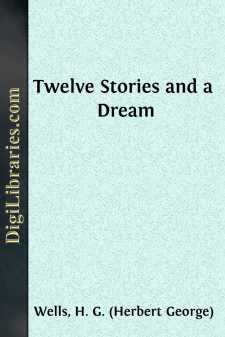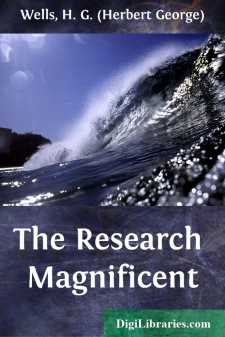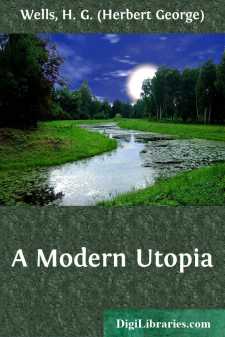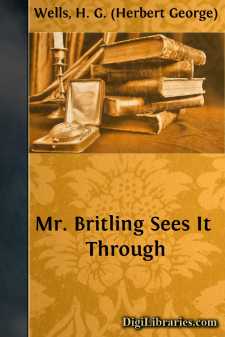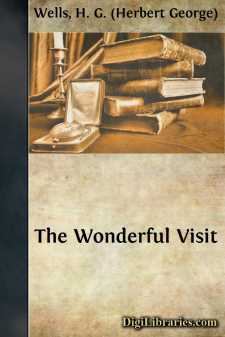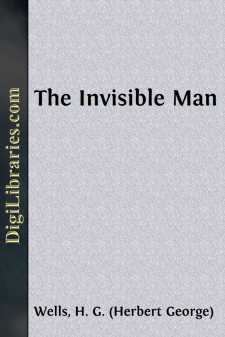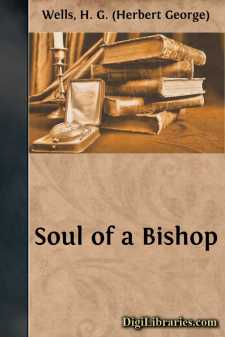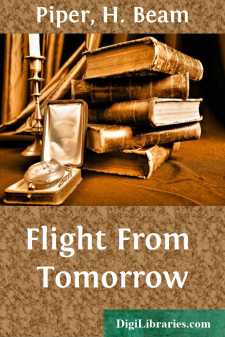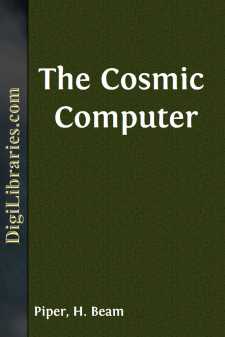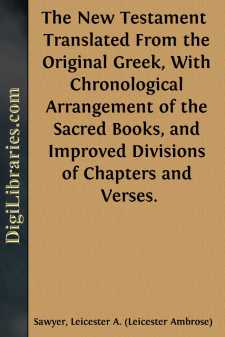Categories
- Antiques & Collectibles 13
- Architecture 36
- Art 48
- Bibles 22
- Biography & Autobiography 815
- Body, Mind & Spirit 144
- Business & Economics 28
- Children's Books 18
- Children's Fiction 14
- Computers 4
- Cooking 94
- Crafts & Hobbies 4
- Drama 346
- Education 58
- Family & Relationships 59
- Fiction 11834
- Games 19
- Gardening 17
- Health & Fitness 34
- History 1378
- House & Home 1
- Humor 147
- Juvenile Fiction 1873
- Juvenile Nonfiction 202
- Language Arts & Disciplines 89
- Law 16
- Literary Collections 686
- Literary Criticism 179
- Mathematics 13
- Medical 41
- Music 40
- Nature 179
- Non-Classifiable 1768
- Performing Arts 7
- Periodicals 1453
- Philosophy 65
- Photography 2
- Poetry 896
- Political Science 203
- Psychology 44
- Reference 154
- Religion 515
- Science 126
- Self-Help 85
- Social Science 82
- Sports & Recreation 34
- Study Aids 3
- Technology & Engineering 59
- Transportation 23
- Travel 463
- True Crime 29
Our website is made possible by displaying online advertisements to our visitors.
Please consider supporting us by disabling your ad blocker.
Twelve Stories and a Dream
Description:
Excerpt
1. FILMER
In truth the mastery of flying was the work of thousands of men—this man a suggestion and that an experiment, until at last only one vigorous intellectual effort was needed to finish the work. But the inexorable injustice of the popular mind has decided that of all these thousands, one man, and that a man who never flew, should be chosen as the discoverer, just as it has chosen to honour Watt as the discoverer of steam and Stephenson of the steam-engine. And surely of all honoured names none is so grotesquely and tragically honoured as poor Filmer's, the timid, intellectual creature who solved the problem over which the world had hung perplexed and a little fearful for so many generations, the man who pressed the button that has changed peace and warfare and well-nigh every condition of human life and happiness. Never has that recurring wonder of the littleness of the scientific man in the face of the greatness of his science found such an amazing exemplification. Much concerning Filmer is, and must remain, profoundly obscure—Filmers attract no Boswells—but the essential facts and the concluding scene are clear enough, and there are letters, and notes, and casual allusions to piece the whole together. And this is the story one makes, putting this thing with that, of Filmer's life and death.
The first authentic trace of Filmer on the page of history is a document in which he applies for admission as a paid student in physics to the Government laboratories at South Kensington, and therein he describes himself as the son of a "military bootmaker" ("cobbler" in the vulgar tongue) of Dover, and lists his various examination proofs of a high proficiency in chemistry and mathematics. With a certain want of dignity he seeks to enhance these attainments by a profession of poverty and disadvantages, and he writes of the laboratory as the "gaol" of his ambitions, a slip which reinforces his claim to have devoted himself exclusively to the exact sciences. The document is endorsed in a manner that shows Filmer was admitted to this coveted opportunity; but until quite recently no traces of his success in the Government institution could be found.
It has now, however, been shown that in spite of his professed zeal for research, Filmer, before he had held this scholarship a year, was tempted, by the possibility of a small increase in his immediate income, to abandon it in order to become one of the nine-pence-an-hour computers employed by a well-known Professor in his vicarious conduct of those extensive researches of his in solar physics—researches which are still a matter of perplexity to astronomers. Afterwards, for the space of seven years, save for the pass lists of the London University, in which he is seen to climb slowly to a double first class B.Sc., in mathematics and chemistry, there is no evidence of how Filmer passed his life. No one knows how or where he lived, though it seems highly probable that he continued to support himself by teaching while he prosecuted the studies necessary for this distinction....


